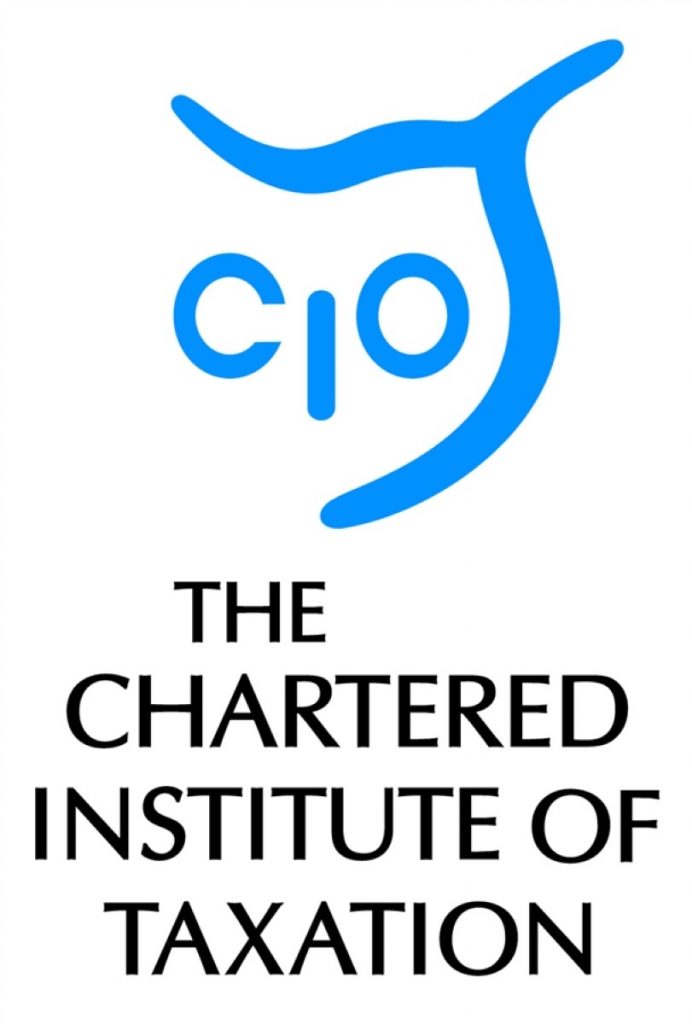Next steps for Scotland – further challenges ahead on tax
Politicians must confront the crucial question of how much tax competition they are willing to entertain within the United Kingdom, say tax experts.
The Chartered Institute of Taxation (CIOT) is calling on all those involved in the devolution convention which begins work today to address the practical nature of how two tax systems will impact on where taxpayers decide where to live, where businesses decide to base their operations, where business is done in the UK, and where businesses decide to invest.
The unionist parties of the United Kingdom promised that, in the event of a ‘no’ vote, the Scottish Parliament would be made permanent and be given ‘extensive new powers’, including extra taxation and spending responsibilities.
Moira Kelly, Chair of the CIOT’s Scottish Technical sub-committee, said:
“In anticipation of a ‘devolution convention’ for the Scottish Parliament, politicians of all colours and stripes must be clear about what tax decisions they are willing to devolve, in addition to explaining what effect multiple tax systems will have upon the UK-wide economy.
“The political convention provides an opportunity for Scotland and the UK to address what can be done with taxation in terms of devolution, and how differential tax rates, thresholds and allowances will affect the operational make-up of the UK economy.”
Concluding, Moira Kelly said:
“This is an important time for Scottish and UK taxation so it is vital that all avenues are explored when pressing forward with devolution of tax and spending decisions. The Chartered Institution of Taxation will contribute to this process and assist with the practical issues around any transfer of tax powers.”
Notes to editors:
1. The Chartered Institute of Taxation
The Chartered Institute of Taxation (CIOT) is the leading professional body in the United Kingdom concerned solely with taxation. The CIOT is an educational charity, promoting education and study of the administration and practice of taxation. One of our key aims is to work for a better, more efficient, tax system for all affected by it – taxpayers, their advisers and the authorities. The CIOT’s work covers all aspects of taxation, including direct and indirect taxes and duties. Through our Low Incomes Tax Reform Group (LITRG), the CIOT has a particular focus on improving the tax system, including tax credits and benefits, for the unrepresented taxpayer.
The CIOT draws on our members’ experience in private practice, commerce and industry, government and academia to improve tax administration and propose and explain how tax policy objectives can most effectively be achieved. We also link to, and draw on, similar leading professional tax bodies in other countries. The CIOT’s comments and recommendations on tax issues are made in line with our charitable objectives: we are politically neutral in our work.
The CIOT’s 17,000 members have the practising title of ‘Chartered Tax Adviser’ and the designatory letters ‘CTA’, to represent the leading tax qualification.
James Knell
External Relations Officer
+44 (0)20 7340 2702





-01.png)